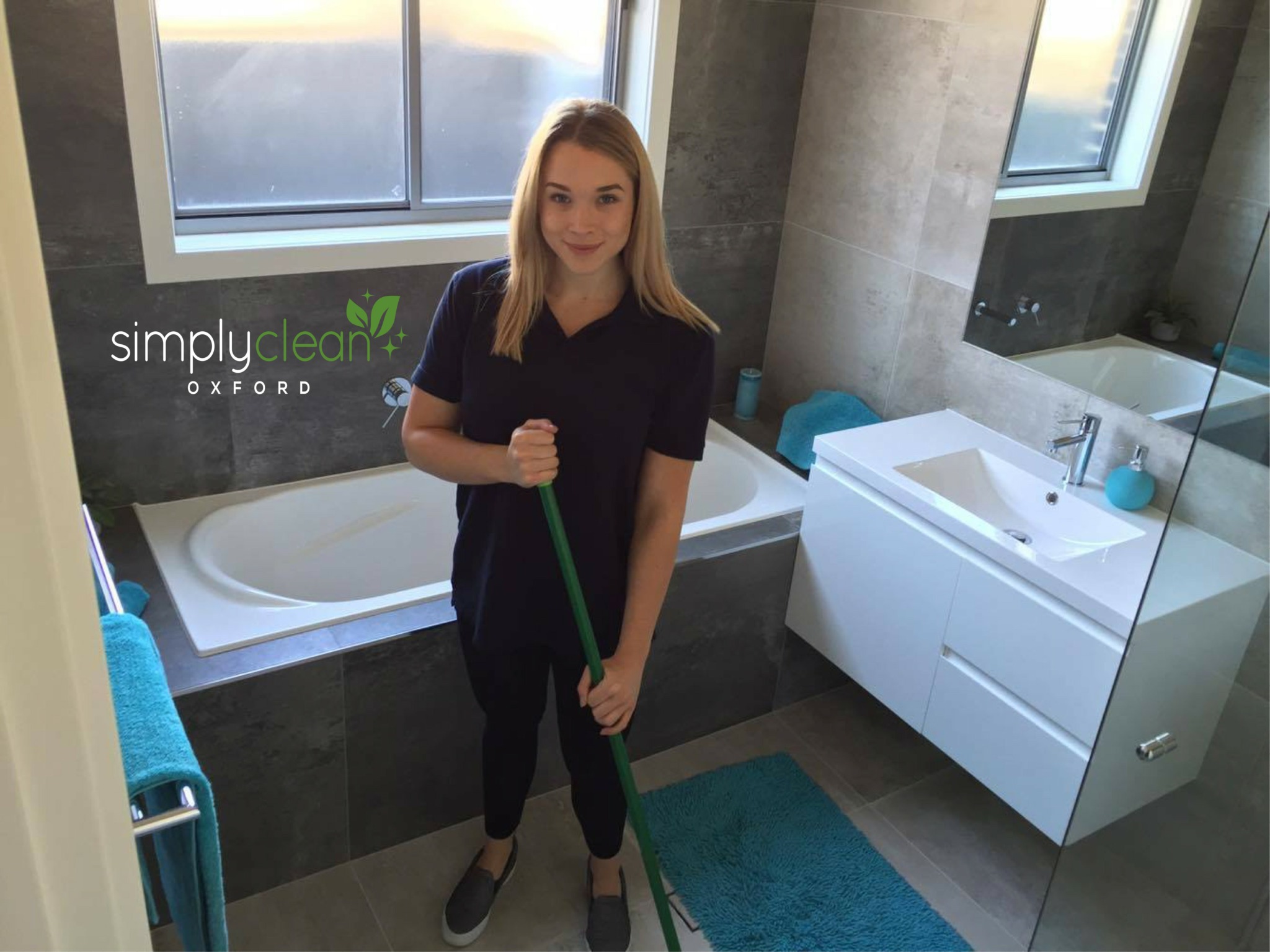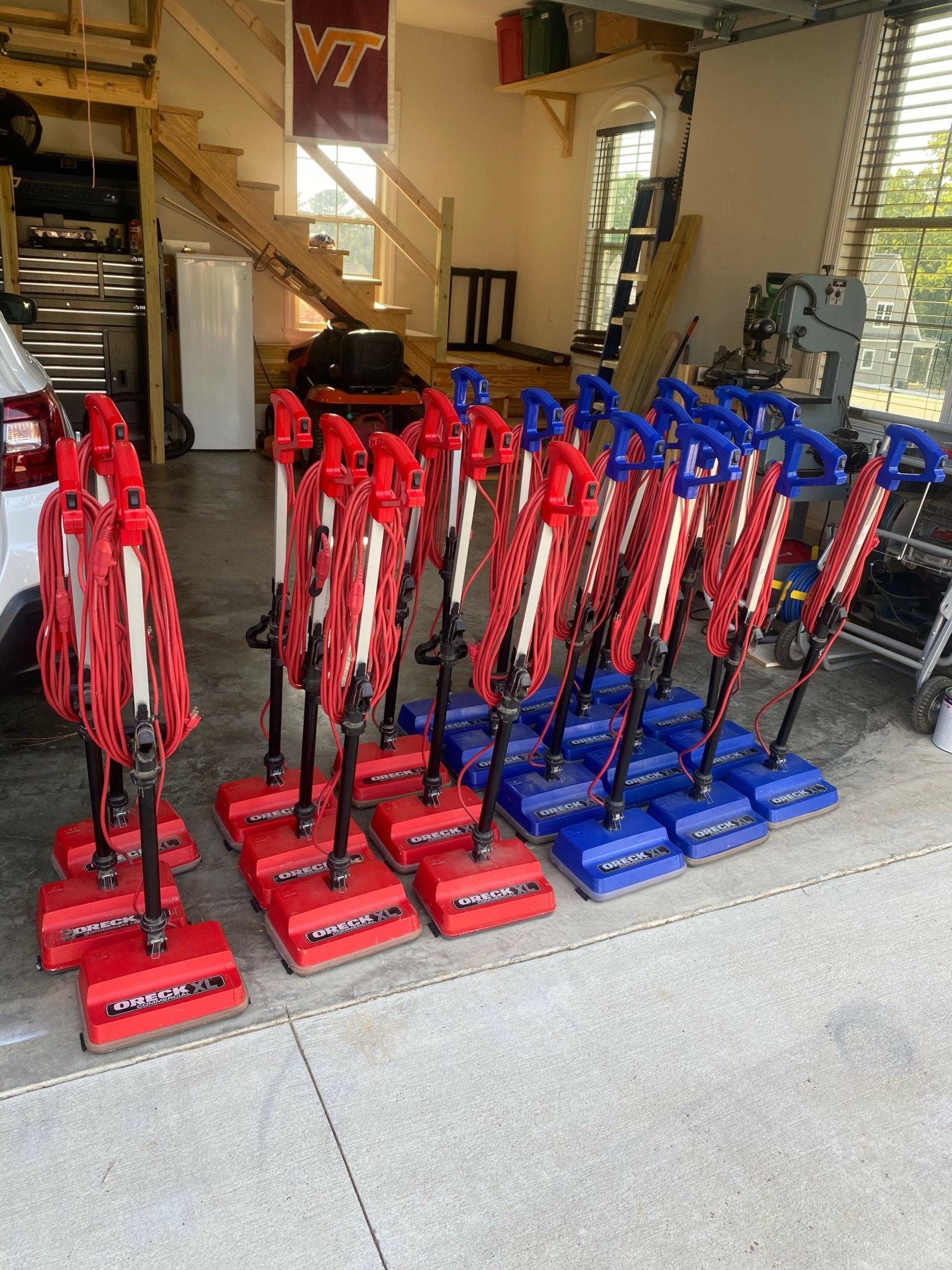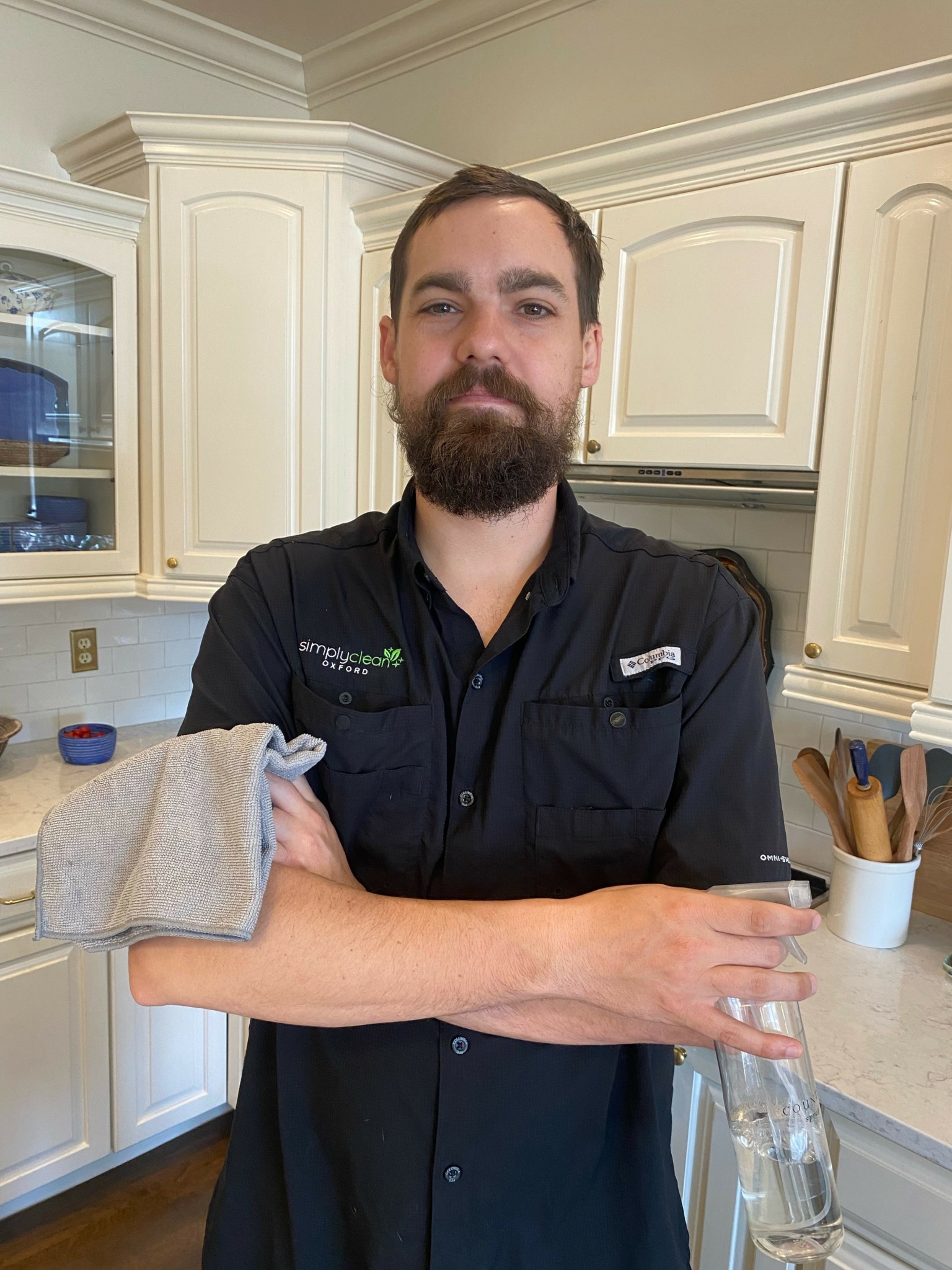We recently connected with Ryan Nicholas and have shared our conversation below.
Hi Ryan , thanks for joining us today. Your ability to build a team is often a key determinant of your success as a business owner and so we’d love to get a conversation going with successful entrepreneurs like yourself around what your recruiting process was like -especially early on. How did you build your team?
About 10 years ago, when Simply Clean earned its first client, I was elated. We created a nice website, a payment portal and had a vision for a well-branded, professional, quality-first local cleaning service. I urgently visited Craigslist and hired a nice young lady with experience. The first time I met her, we were in front of the home we were about to clean. I had a trunk full of cleaning supplies from Wal-Mart which I laid on the curb next to her vehicle. “Well, thank you. Let me know when you are finished”, I said. Needless to say, that job was a disaster. The house was far too large for one person to clean thoroughly, especially one who had no guidance or training. A few hours later, she quit. The client was dissatisfied with the work and was issued a full refund.
I decided to do the work myself from that point forward. I wanted to control the quality of the product and our brand more than anything else. The one insight I had was that our product was everything. It had to be the highest quality possible and that effort would pay off in the long run. Today, I tell other budding service business owners to get out of the field as soon as possible so they can work on the business growth, marketing, systems and finances. But I’m grateful for my journey because I learned the ins and outs of our procedure and grew perspective and empathy for our employees. As our business grew, I hired a friend and worked along side him, showing him exactly what I expected. I did the same with the first few hires. Eventually I was able to supervise the work. Today, we employ 30 people and a couple of highly effective managers.
When it comes to unskilled labor, there is a common refrain among business owners that goes something like, “No one wants to work anymore”. and similar sentiments about the declining quality/ willingness of the work force. I believe these statements are overblown and often reveal deficiencies among leadership. The rising costs in my area (and nationally) presents ever increasing challenges for providing a living wage while remaining profitable and competitively priced. With time, we’ve learned how to better attract a retain loyal, conscientious employees. Things like: a positive work environment, professionalism, a good culture, a sense of purpose and unity, autotomy and empathetic leadership.
Through hiring people in recovery, we think we have developed a win-win scenario for our community and our business. For our community, we employ a population of people who are in need of a steady income and a stable, supportive and safe work environment free of alcohol and drugs. For our business, we have identified a largely untapped source of labor equipped with grit and talent and incredibly motivated. We also believe that people in recovery who actively work a program are among the most honest and principled available in the workforce.
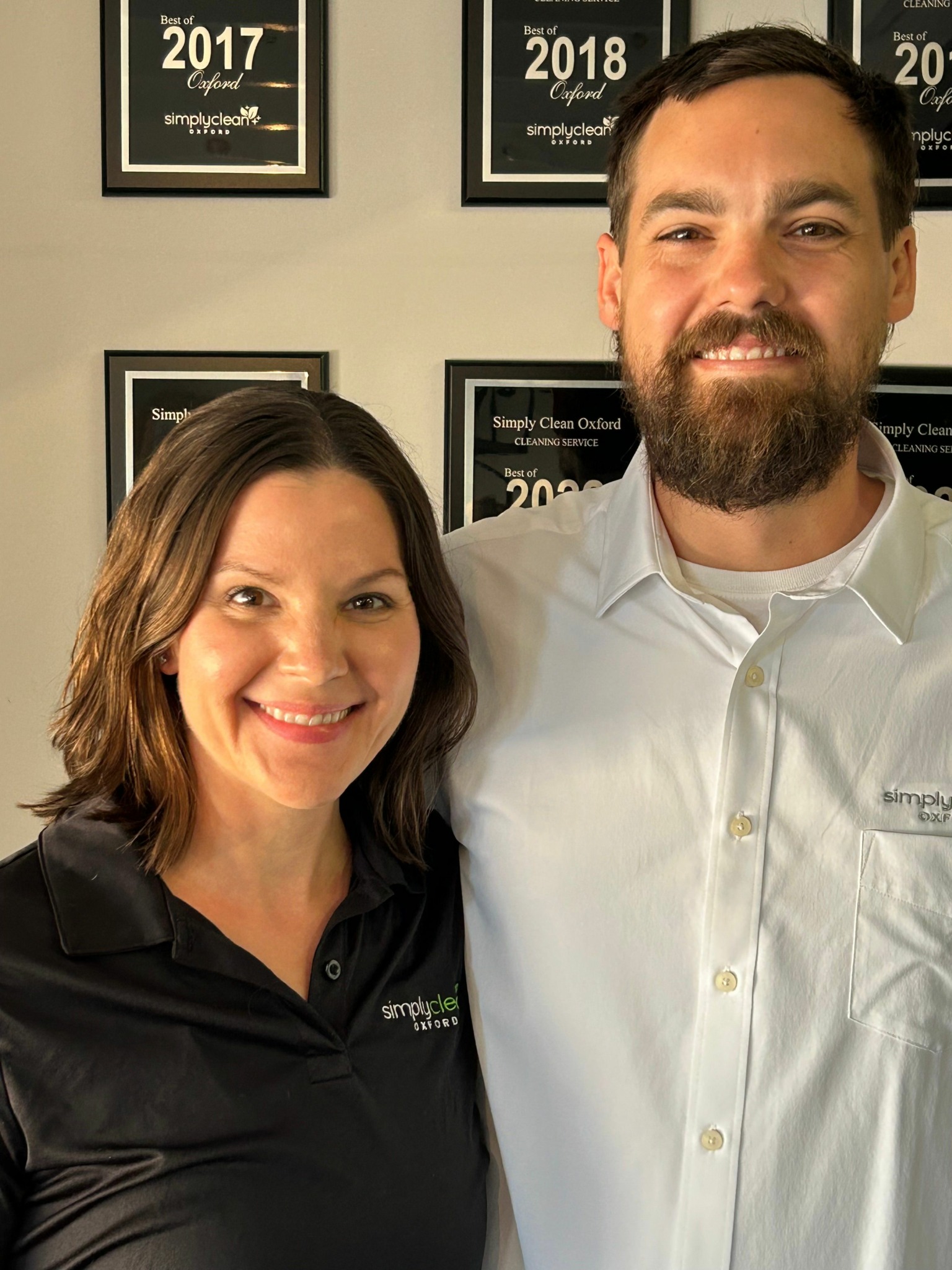
Great, appreciate you sharing that with us. Before we ask you to share more of your insights, can you take a moment to introduce yourself and how you got to where you are today to our readers.
My Name is Ryan Nicholas, I’m 39. I own and operate Simply Clean with my wife Sarah. We are a professional cleaning service which employs around 30 people depending on the time of year. We are located in Oxford, MS. Simply Clean was created out of pure happenstance. After languishing and struggling for most of my 20’s, I was growing restless in the various low paying job opportunities available to me. I earned a bachelors degree in 2009, just as the world economy was in free fall. As it happened, my mental health was also in free fall. I had worked at hardware stores, and in hospitals, in restaurants and as an IT person with a hotel. Sarah and I started a couple of hobbie businesses that got some traction and it was incredibly exciting. I quit my job, only to see our new business sputter and fail. So I turned to a service for quick income when we really needed it. I copied a business model from Reddit and got a few door hangers made. It didn’t take long to recognize there was a of demand in our area for cleaning.
We aimed to professionalize an industry that was locally dominated by mother-daughter teams and various individuals who served the people they went to church with and the like. We created a streamlined customer experience with software, an easy to use website where cleanings could be booked from any smartphone. We set up secure payment and a system of reminders emphasizing reviews and recurring cleanings. Most of all, we focused on quality and responsiveness to our customers. We grew quickly at first. Sarah joined full time in 2019 and she was the impetus that developed Simply Clean into a sustainable business, with systems and operations and procedures, etc.
We are most proud of the way we do business and manage people, with integrity and good faith, humanely and honestly. We look for employees that embody those principles. We end up with mostly single moms, many are in recovery or on Drug Court – annalternate, court-mandated recovery program instead of a jail sentence. Our track record has demonstrated what I already knew to be true. People working a program of recovery are among the most trustworthy, conscientious and hardworking people anywhere.
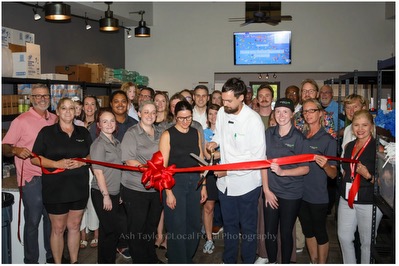
How did you put together the initial capital you needed to start your business?
Simply Clean was started at a time when my wife and I were essentially broke. We both had credit card debt, student loans and no formal business education or experience to speak of. We invested less than $1,000 dollars to start our business. We paid for a template website and hosting, and low cost software, a simple logo and a couple of screen printed t shirts, a couple hundred door flyers and filled the trunk of my ’97 Toyota with cleaning supplies from Wal-Mart. This affordability is the reason I often sing the praises of local service business, especially those based in high-income, fast growing areas. I have helped others start service business of their own, also from very little capital, often while having a full time job.
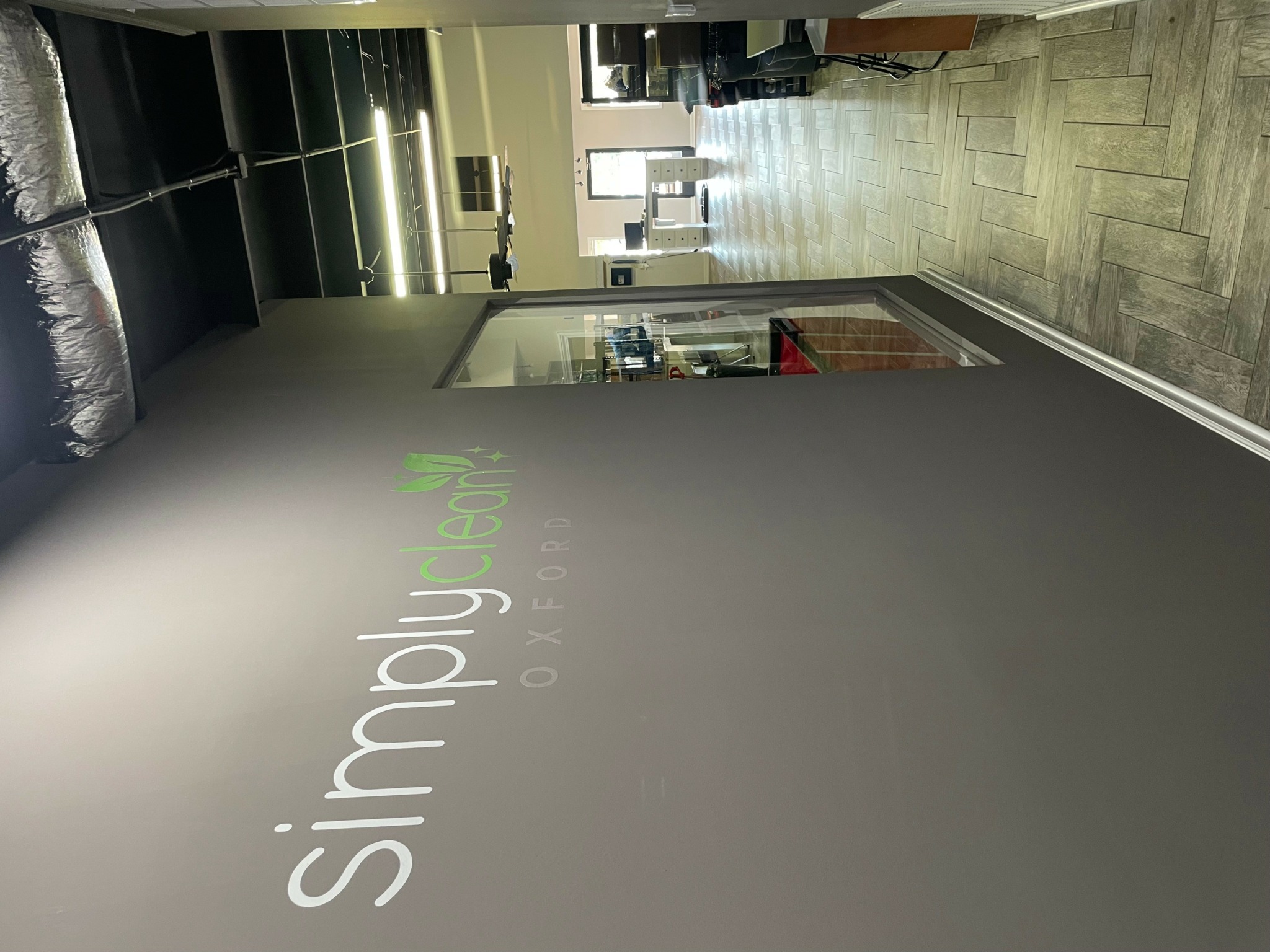
Learning and unlearning are both critical parts of growth – can you share a story of a time when you had to unlearn a lesson?
I have learned over time that my identity and ideas are fluid. When I was younger, I thought of myself as lost potential. I was disorganized and unmotivated. It felt stuck and too far behind to catch up. I thought career success was for other people who want it more, who work harder, are better funded, better educated and have a large network. What I’ve learned over the past 10 years is that my identity is a malleable construct, parts of which are grounded in reality and other parts that are delusional. Most importantly, it’s often action that changes before internal ideas change. For example, I now believe I am a capable, productive person. That change didn’t come from attempting to shift my mindset first, by way of a book or epiphany or some sort of online course. The change came from performing the thing I wanted to become – sustained work and output. I’ve since applied that lesson to other areas of my life. I just started showing up. The mindset change comes on the backend, the magic happens gradually over time.
